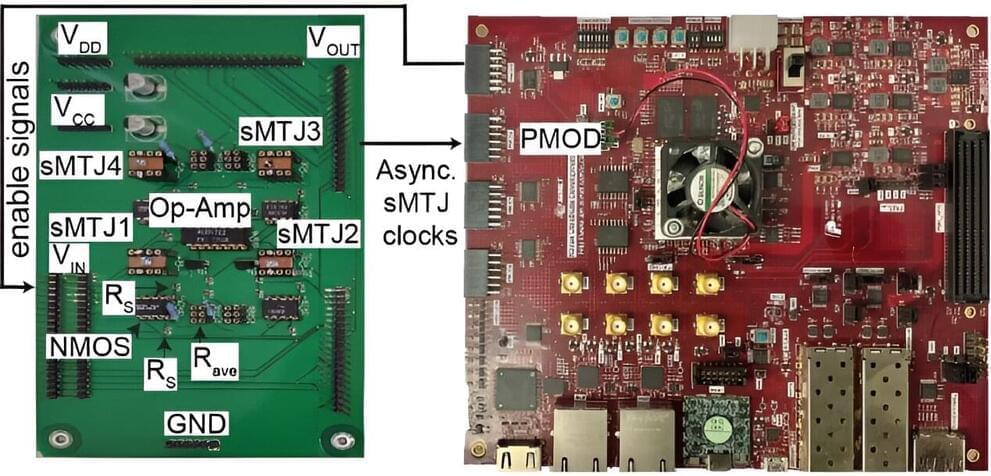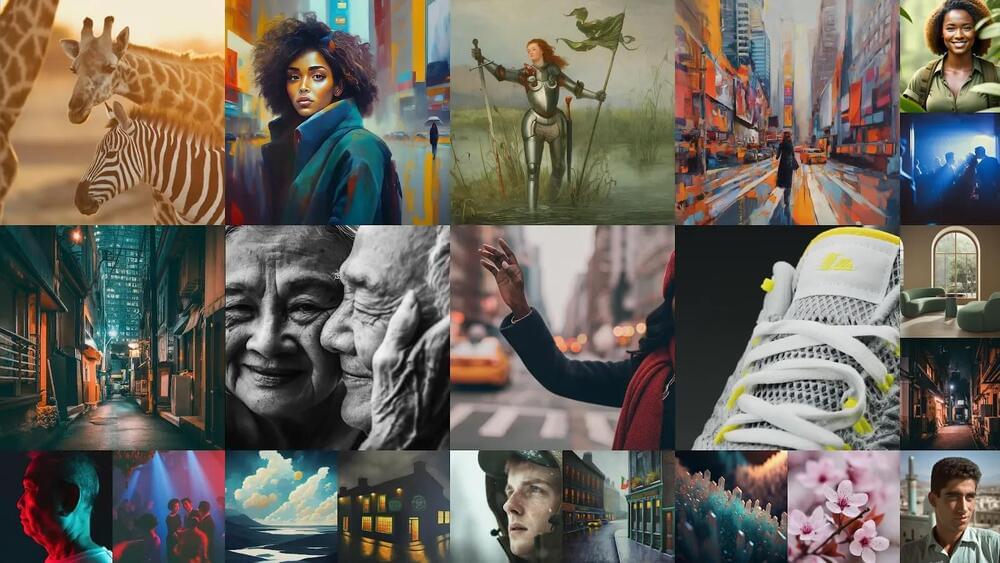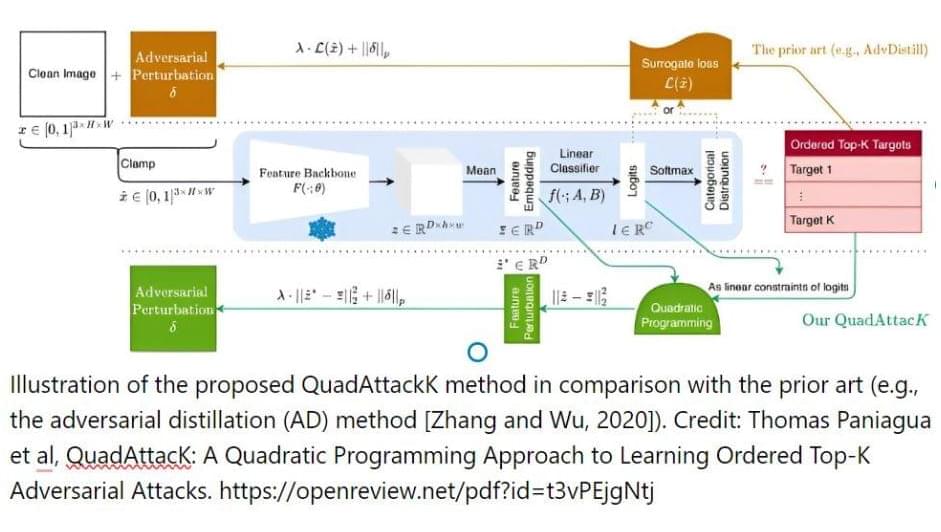By Chuck Brooks
Realizing the potential of Smart Cities will require public-private cooperation and security by design.
The idea of smart cities is starting to take shape as the digital era develops. A city that has developed a public-private infrastructure to support waste management, energy, transportation, water resources, smart building technology, sustainability, security operations and citizen services is referred to as a “smart city”. Realizing the potential of Smart Cities will require public-private cooperation and security by design.
A smart city functions as an applied innovation lab. Automation, robotics, enabling nanotechnologies, artificial intelligence (human/computer interface), printed electronics and photovoltaics, wearables (flexible electronics), and information technologies like real-time and predictive analytics, super-computing, 5G wireless networks, secure cloud computing, mobile devices, and virtualization are a few of the fascinating technological trends of the digital era that are influencing the development of smart cities.




 עברית (Hebrew)
עברית (Hebrew)



